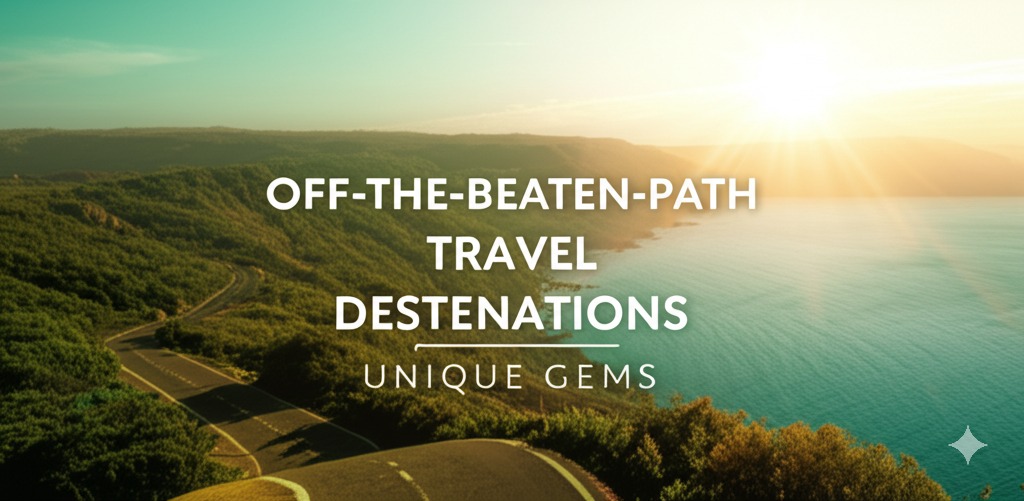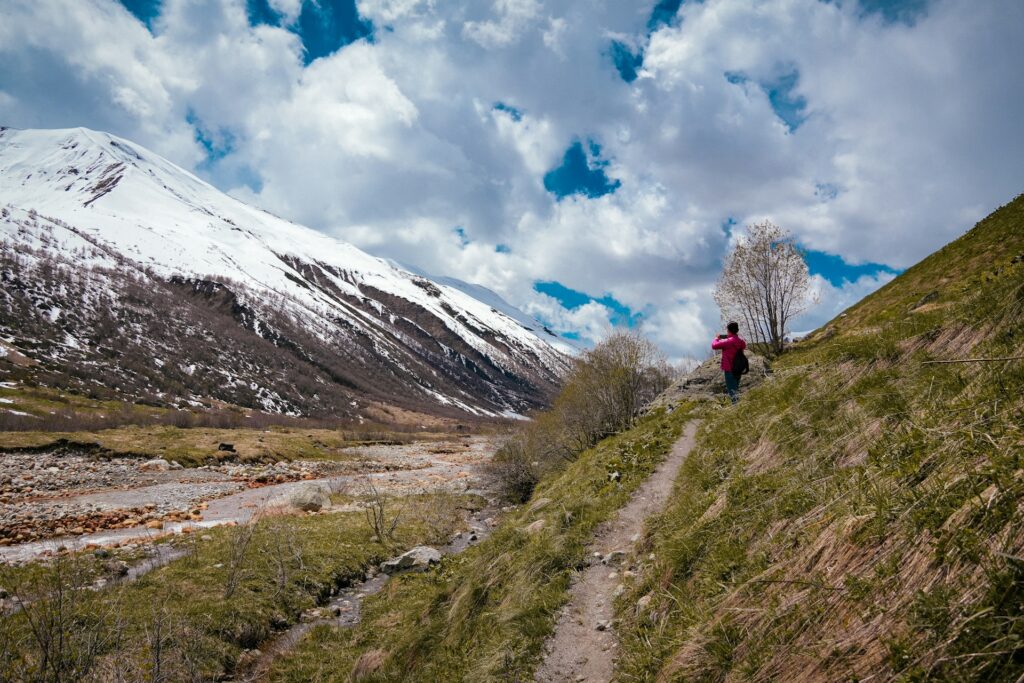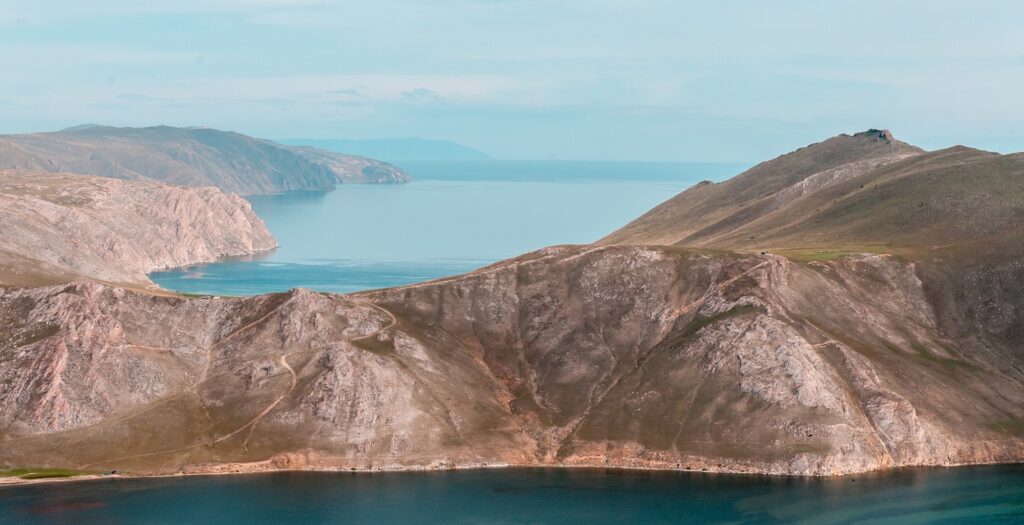
Off-the-Beaten-Path Travel Destinations: Unique Hidden Gems
On April 19, 2025 by Dip Admin StandardFor those seeking something beyond the standard tourist trail, a world of lesser-known places awaits. These aren’t the locations plastered across postcards or dominating social media feeds. Instead, they represent pockets of the globe retaining their authenticity, offering unique cultural experiences, and presenting opportunities for genuine interaction with local populations. This piece explores several such locations, considering their appeal, logistical considerations, and the responsible ways to experience them.
Why Venture Beyond the Familiar?
The appeal of popular destinations is understandable. Established infrastructure, readily available information, and a sense of security draw countless visitors. Yet, this popularity often comes at a cost. Crowds diminish the sense of place, prices inflate, and the very character of a location can be altered to cater to mass tourism. Seeking out less frequented spots allows for a more profound engagement with a place and its people. It provides a chance to witness traditions undisturbed by widespread influence, to support local economies directly, and to return home with stories that genuinely resonate. It’s about seeking something real, something that lingers long after the trip concludes.
The Faroe Islands: A North Atlantic Spectacle
Nestled between Iceland and Norway, the Faroe Islands present a dramatic landscape of sheer cliffs, verdant valleys, and charming villages. This self-governing archipelago, part of the Kingdom of Denmark, is a paradise for hikers and nature enthusiasts. The isolation has allowed a unique culture to flourish, retaining a strong sense of identity and a distinct language. Expect sheep—lots of sheep—grazing freely across the hillsides. The weather can be unpredictable, shifting rapidly from sunshine to rain and fog, but this only adds to the islands’ raw, untamed beauty. Visiting during the shoulder seasons (spring or fall) provides a balance between agreeable temperatures and fewer visitors. Getting there involves a flight to Vágar Airport, followed by exploring the islands via rental car or the efficient public transportation system. Food is often centered around seafood and lamb, offering a taste of traditional Faroese cuisine.
Svaneti, Georgia: Medieval Towers in the Caucasus
High in the Caucasus Mountains of Georgia lies Svaneti, a region famed for its medieval stone towers. These structures, built between the 9th and 12th centuries, served as defensive dwellings and symbols of family prestige. The region’s remoteness protected it from significant outside influence, preserving a unique culture and traditions. Hiking through Svaneti offers breathtaking views of snow-capped peaks and alpine meadows. Mestia, the regional center, provides a good base for exploration, with guesthouses and restaurants offering warm hospitality. The local Svan people are known for their strong sense of community and their distinctive polyphonic singing. Access is possible by marshrutka (minibus) from Zugdidi, though the roads can be challenging. Consider hiring a local guide for treks into the more remote areas. Try Kubdari, a savory meat-filled bread, a regional specialty.

The Quirimbas Archipelago, Mozambique: Untouched Coastal Paradise**
The Quirimbas Archipelago, stretching along Mozambique’s northern coast, comprises a string of pristine islands and coral reefs. These islands, many of which are uninhabited, offer exceptional snorkeling and diving opportunities. The area’s history is rich, having served as a significant trading post for centuries. Ilonga Island, in particular, boasts a luxurious eco-lodge that supports local communities. Quirimbas town, the archipelago’s main settlement, retains a charming, historic feel with its Portuguese colonial architecture. Getting to the Quirimbas requires a flight to Pemba, followed by a boat trip to the desired island. The tourism infrastructure is still developing, so expect a more rustic experience. Support local fishermen and businesses to contribute to the region’s sustainable development. Fresh seafood is, naturally, a staple of the cuisine.
Guizhou Province, China: A Land of Ethnic Diversity**
While China is known for its major cities and iconic landmarks, Guizhou Province offers a different perspective—one of stunning natural beauty and rich ethnic diversity. Home to numerous ethnic minority groups, including the Miao, Dong, and Buyi, Guizhou showcases vibrant traditions, unique clothing, and distinct languages. The province’s karst landscapes, similar to those of Yunnan, create a dramatic backdrop for exploring rice terraces, waterfalls, and caves. Xijiang Qianhu Miao Village, one of the largest Miao villages in China, is a popular destination, but venturing further afield reveals even more authentic experiences. Access is best achieved via flights to Guiyang, the provincial capital, followed by local transportation. Learn a few basic Mandarin phrases to facilitate communication. Be mindful of local customs and seek permission before photographing people.
Lake Baikal, Russia: The World’s Deepest Lake**
Located in Siberia, Lake Baikal is the world’s deepest and oldest freshwater lake, holding approximately 20% of the planet’s unfrozen fresh water. The lake’s unique ecosystem supports a remarkable array of endemic species, including the Baikal seal, the only freshwater seal in the world. During winter, the lake freezes over, creating stunning ice formations and opportunities for ice skating and dog sledding. Listvyanka, a small town on the lake’s shore, provides a convenient base for exploring the area. The Trans-Siberian Railway passes near Lake Baikal, making it accessible by train. Respect the lake’s fragile ecosystem and avoid littering. Try Omu-Omu, a traditional Buryat soup, for a taste of local cuisine.

Socotra Island, Yemen: Alien Landscapes and Unique Flora**
Socotra Island, a UNESCO World Heritage site, is often described as the “most alien place on Earth.” Its isolation has resulted in a remarkable biodiversity, with a high percentage of endemic plant and animal species. The iconic dragon’s blood trees, with their umbrella-shaped crowns and red sap, are a defining feature of the landscape. The island’s beaches are pristine, and the waters teem with marine life. Due to the ongoing conflict in Yemen, travel to Socotra is currently restricted and requires careful planning and coordination with reputable tour operators. The infrastructure is limited, so expect a basic level of comfort. Support local guides and businesses to contribute to the island’s conservation.
The Azores, Portugal: Volcanic Islands in the Atlantic**
The Azores archipelago, a group of nine volcanic islands in the mid-Atlantic, offers a blend of European charm and natural beauty. Each island has its own distinct character, from the lush landscapes of São Miguel to the dramatic cliffs of Flores. Whale watching is a popular activity, with opportunities to spot various species of whales and dolphins. The islands are also known for their thermal springs, offering a relaxing way to unwind. Flights to Ponta Delgada, on São Miguel, connect the Azores to mainland Portugal and other European destinations. Rent a car to explore the islands at your own pace. Try Cozido das Furnas, a stew cooked in volcanic soil, a unique Azorean specialty.
Responsible Exploration: Minimizing Impact**
Visiting off-the-beaten-path destinations comes with a responsibility to minimize your impact on the environment and local communities. Support locally owned businesses, respect local customs and traditions, and avoid contributing to overtourism. Learn a few basic phrases in the local language, and be mindful of your consumption habits. Consider offsetting your carbon footprint from travel. By traveling responsibly, you can help preserve the authenticity and beauty of these hidden gems for future generations.
The Importance of Thorough Research**
Planning a trip to a less-traveled location requires thorough research. Assess the political stability of the region, understand the local customs, and be prepared for potential logistical challenges. Check visa requirements and ensure you have adequate travel insurance. Consult travel forums and blogs for firsthand accounts from other visitors. Being well-prepared will enhance your experience and ensure your safety.
The world holds countless treasures waiting to be appreciated. Stepping away from the well-trodden route rewards travelers with a deeper, more meaningful connection to the planet and its diverse cultures. It’s a chance to experience places as they truly are, before the inevitable influence of mass tourism transforms them. It’s a worthwhile pursuit for those who value authenticity and seek experiences that resonate long afterwards.
